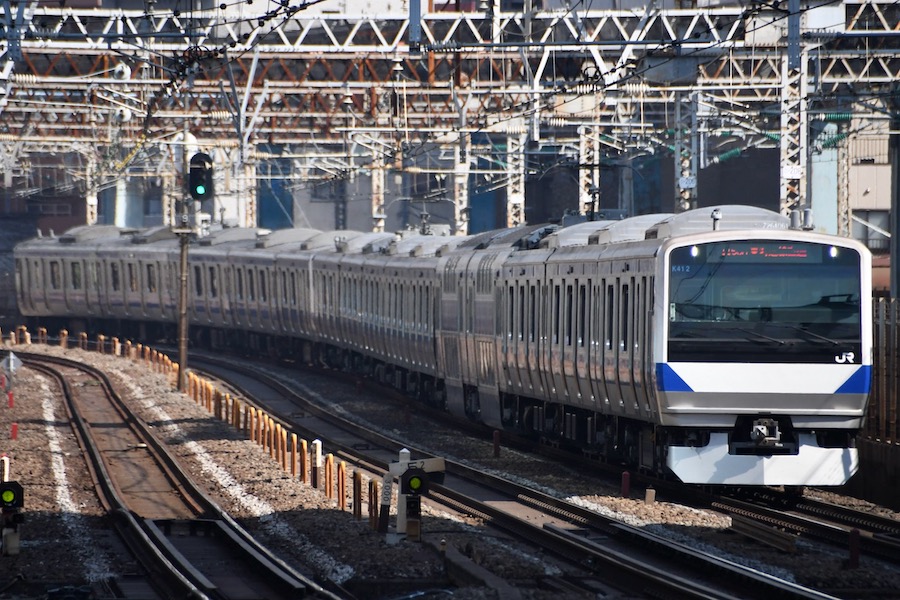
JR East to Revise Fares in March 2026 with a 7.8% Increase, Application Approved
The JR Group will revise the sections and classification methods of “hazardous materials” stipulated in their transportation conditions and strengthen regulations on bringing them onto trains from April 1.
This is due to the Ministry of Land, Infrastructure, Transport and Tourism revising the “Guidelines for Countering Rail Terrorism” on February 17, with the Osaka/Kansai Expo in mind.
Transportation conditions generally prohibit bringing “hazardous materials” such as flammable liquids, high-pressure gases, explosives, poisons, and pesticides onto trains. Exceptions are limited to “hazardous materials” allowed by railway transport regulations and products that are commonly purchased for daily use from retail stores. As a result, some “hazardous materials” that are currently allowed onto trains will be prohibited.
As a specific example, for substances like sulfuric acid and acetic acid, even if stored in sealed containers, they will be completely prohibited, excluding household items like battery fluid and powerful toilet cleaners. Furthermore, flammable liquids themselves will be completely prohibited.
For more information, please refer to the websites of the Ministry of Land, Infrastructure, Transport and Tourism or each JR company.